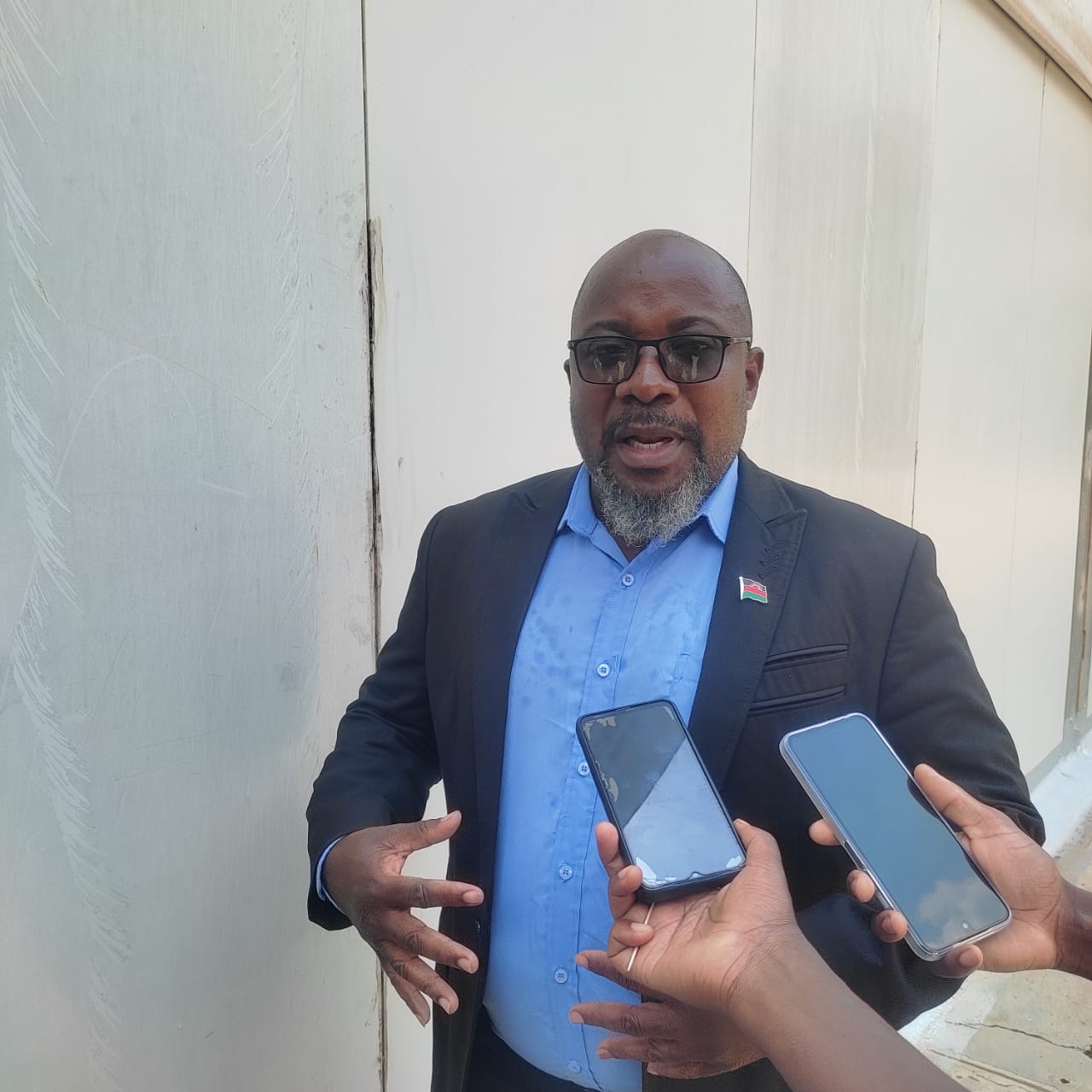Faith Leaders Partner with Aid Groups to Promote Sexual Health Education
The partnership represents a significant shift in how religious institutions approach sexual health education, balancing traditional values with modern public health needs.

LILONGWE, Malawi — Norwegian Church Aid (NCA) and Dan Church Aid (DCA) with support from the Royal Norwegian Embassy and KfW, launched an initiative Tuesday to integrate sexual and reproductive health education into religious teaching guides for both Christian and Muslim communities, writes Ireen Kayira.
The programme aims to mainstream Sexual and Reproductive Health and Rights (SRHR) into institutional curricula, bringing together religious leaders from various denominations in Malawi.
"Without the support of faith leaders, it would be challenging to extend this message to a broader audience," said NCA/DCA Country Director Stefan Jansen.
"There are numerous shared values among all religions that create a strong foundation for advancing safe sexual and reproductive health."
The initiative aims to mainstream Sexual and Reproductive Health and Rights (SRHR) into institutional curricula for both Christian and Muslim communities. Jansen emphasised that faith leaders have historically shaped youth behaviour in Malawi, making their involvement crucial for positive change.
Cliff Nyekanyeka, Executive Director of Blantyre Synod Health and Development Commission, addressed common misconceptions about sex education.
"Some believe discussing SRHR promotes promiscuity, but our goal is to educate responsibly," he said.
The church's approach to sexual health education evolved during the HIV crisis of the 1980s when they adopted the "ABC" approach—abstain, be faithful, and use condoms.
"The church now acknowledges the complexities of young people's experiences," Nyekanyeka said.
"Often, we see cases of young girls impregnated by fellow members. We cannot ignore these issues."
The Reformed Presbyterian Church has taken a practical stance on youth sexual health.
"If we have youth who are sexually active, we guide them with both the word of God and SRHR. If they feel they need contraceptives, we support that, not to encourage promiscuity but to protect their lives," Nyekanyeka explained.
The partnership represents a significant shift in how religious institutions approach sexual health education, balancing traditional values with modern public health needs.



Thank you so much
Continue to do this good Job, God himself will bless you all as a team.